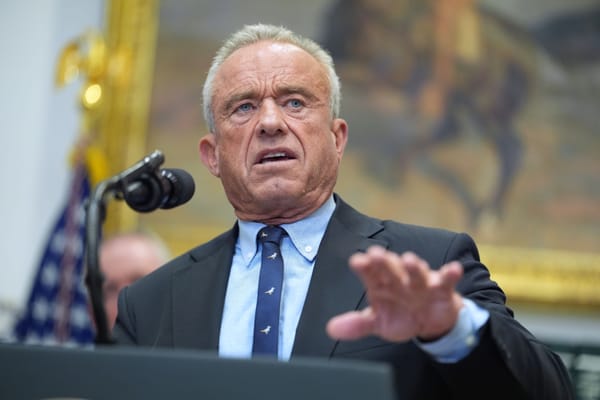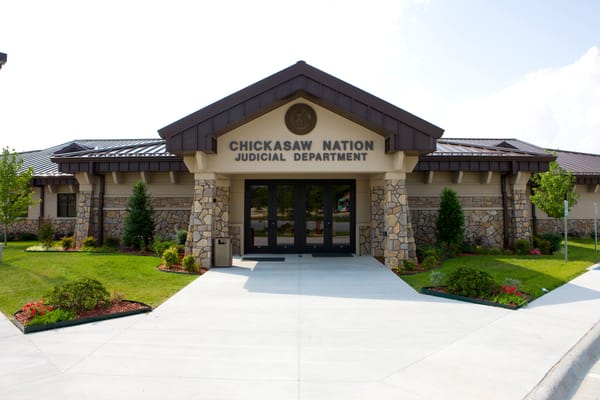Efforts to champion women leadership are on the rise

(NATIONAL) When you look at leadership levels of most government entities, one thing that might stand out is the lack of women represented.
In Oklahoma, 52 percent of the state’s population identify as women. Despite this fact, Oklahoma women hold a small number of positions as mayors, on county commissions, and in the state legislature.
Research has also shown the state has fewer females serving in the state legislature compared to the national average, 20.8 percent compared to 31 percent in 2021.
(For comparison, approximately 51.1 percent of the US population identify as women.)
Oklahoma State University’s 2022 report “The Status of Women in Oklahoma'' found socioeconomic issues also impact women in Oklahoma differently than their male counterparts.
One of the statistics focused on unemployment during the Covid-19 pandemic.
The report states that during the second quarter of 2020, women in Oklahoma had a 12 percent unemployment rate compared to an 8 percent rate for men.
United Women’s Empowerment (United WE), an organization who partnered with OSU on the above-mentioned report, is working to even things out in Oklahoma - and nationwide.
Earlier this month, United WE announced a partnership with the National Association of Women Business Owners (NAWBO) to help women become more civically involved in their communities across the country.
“Women business owners can bring a rich diversity of skills and talent needed to best serve their communities by their involvement on local boards and commissions,” said Wendy Doyle, United WE President & CEO. “We are thrilled that this partnership with NAWBO will empower many talented women to build upon their skills and to bring their unique experiences to their communities in civic leadership positions.”
On May 9, United WE will be hosting a virtual event called AP Live where women can learn how to get more involved. You can register for the free event here.
In Oklahoma, The Appointment Project (TAP), a nonpartisan group developed by the Oklahoma Commission on the Status of Women, is currently working to get qualified women more seats at the tables of decision-making bodies.
They’ve identified three priorities to help them achieve that goal: identifying women who are qualified to serve on government appointed bodies, looking for coalition partners to assist in the financial efforts of getting more women in positions of power, and partnering with organizations to share the mission of getting more women elected to office.
The group also provides resources to women who are interested in running for office.
In Michigan, a statewide initiative is finding success in strengthening women leadership and looking to expand.
The Women’s Municipal Leadership Program recently celebrated five years of helping women working in local government advance their skills and abilities and become strong local government managers.
Michigan Municipal League Member Programs Manager Emily Kieliszewki said they have had so much success elevating appointed women, they are now thinking about putting together a parallel program for elected women.





